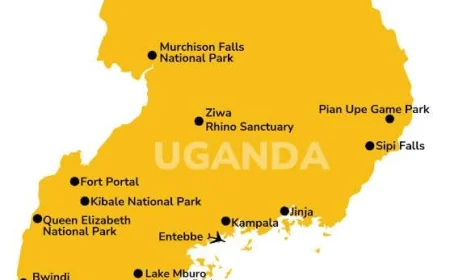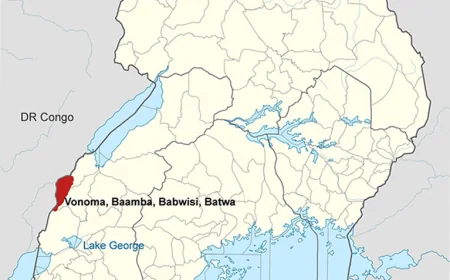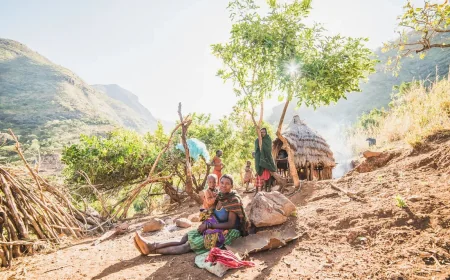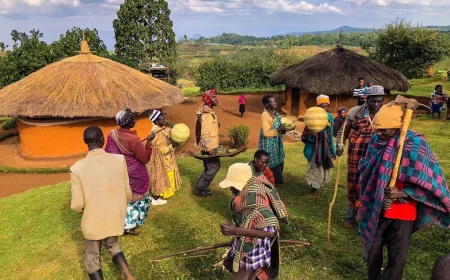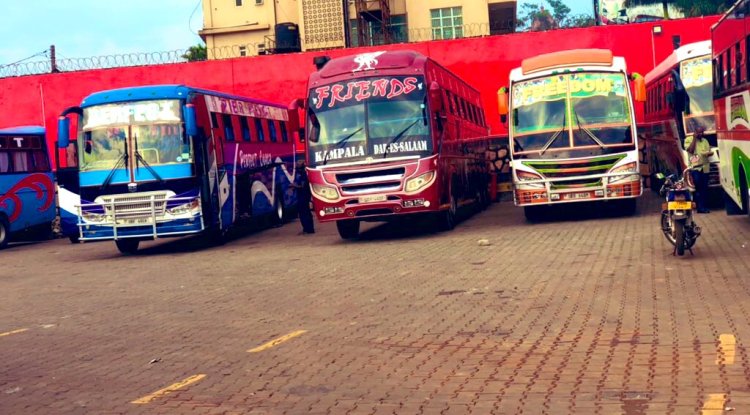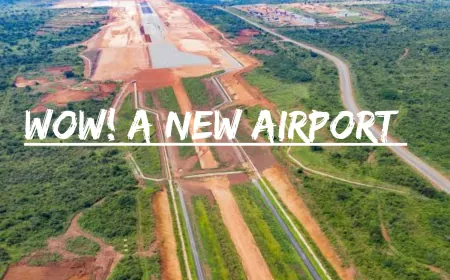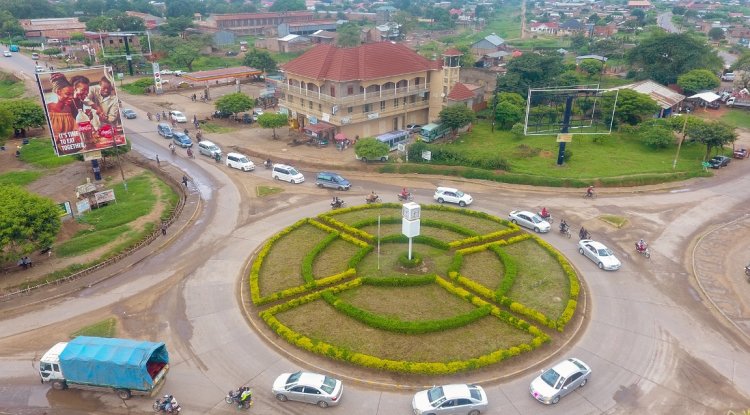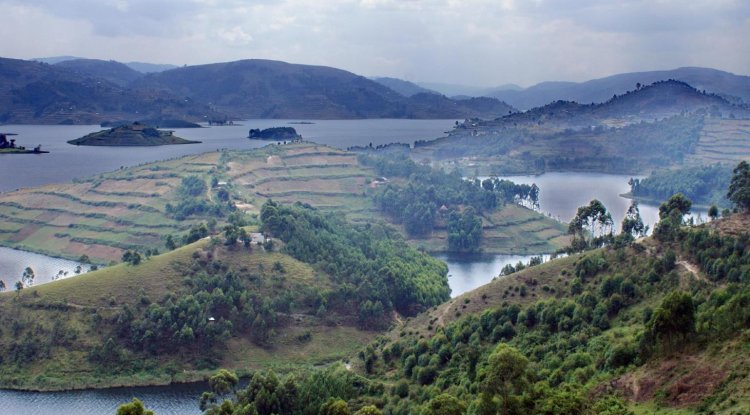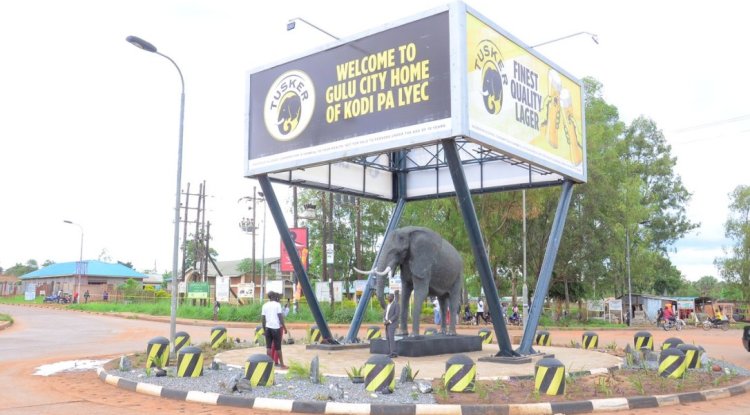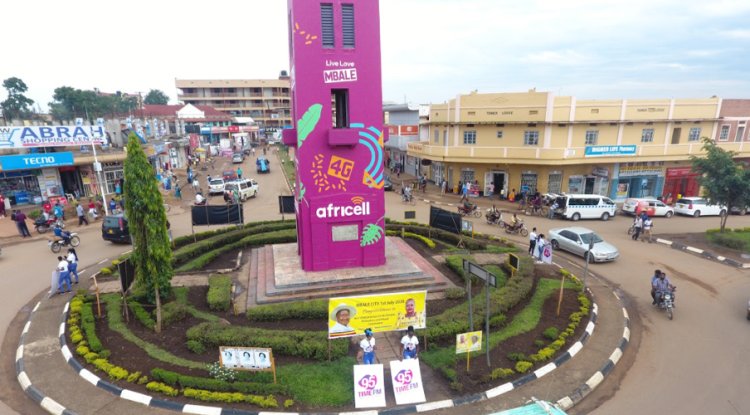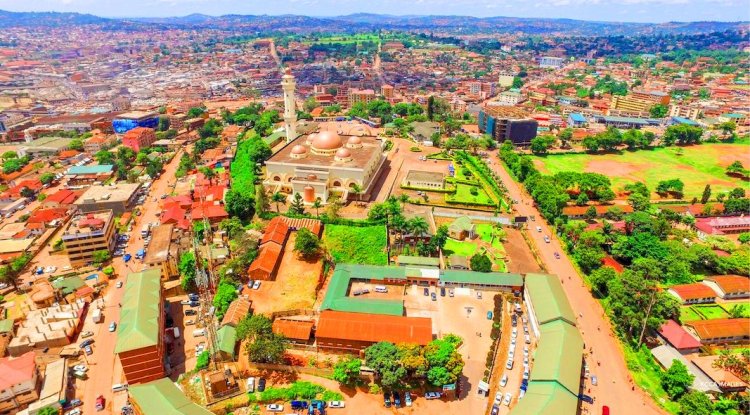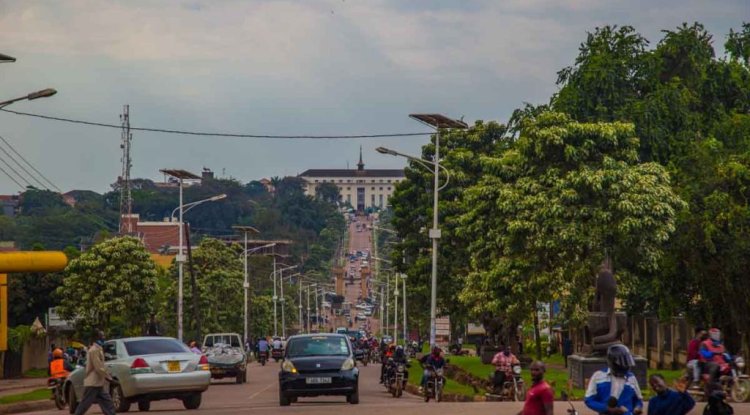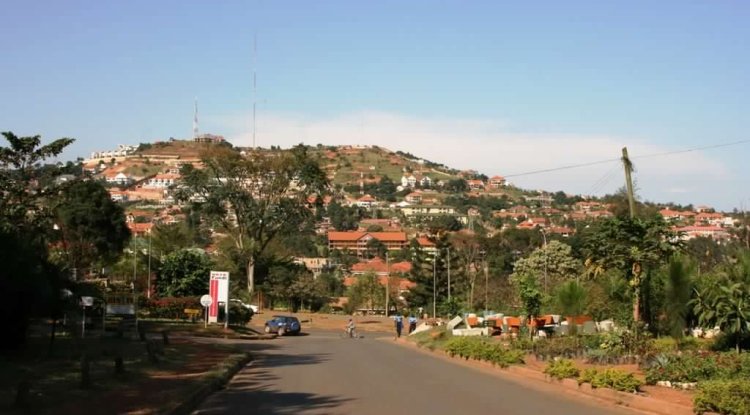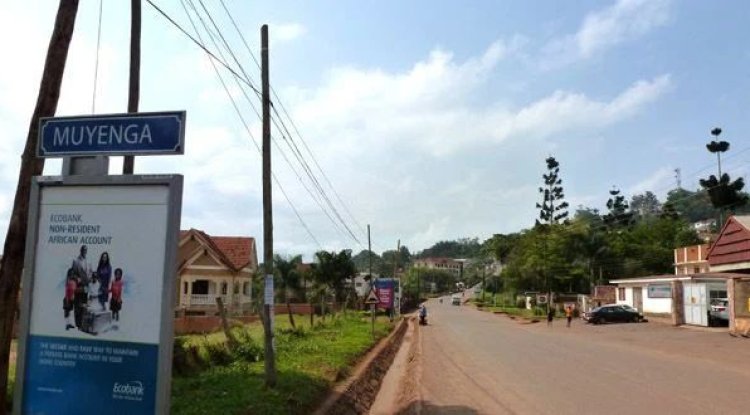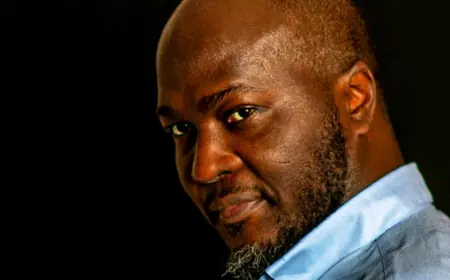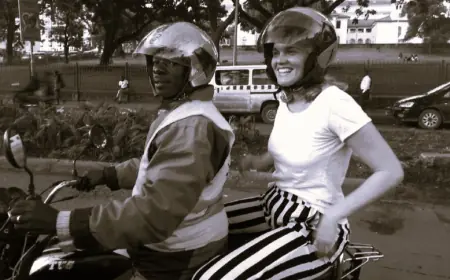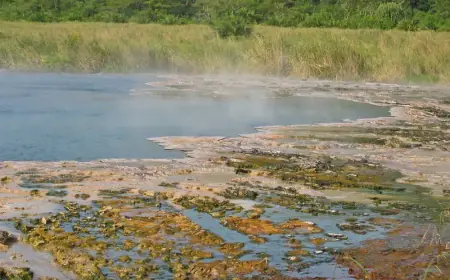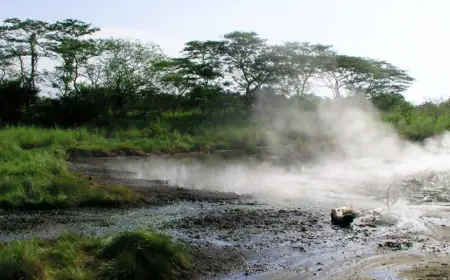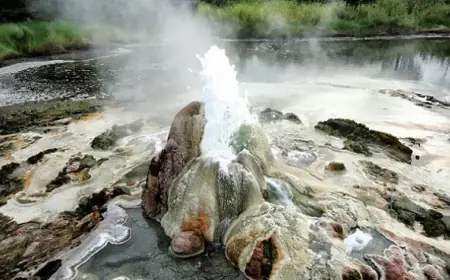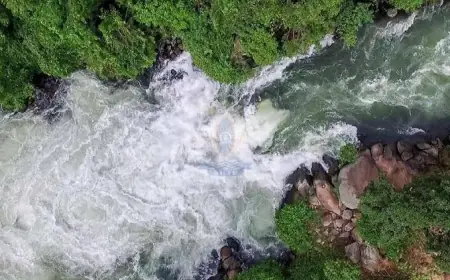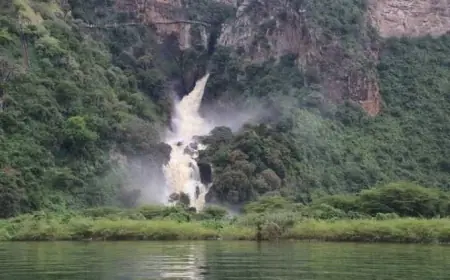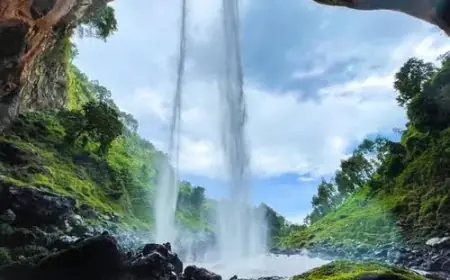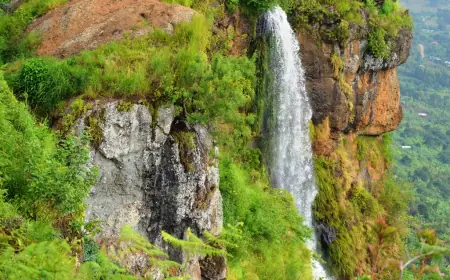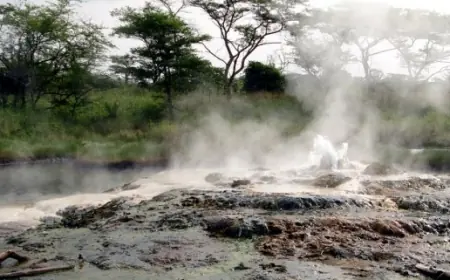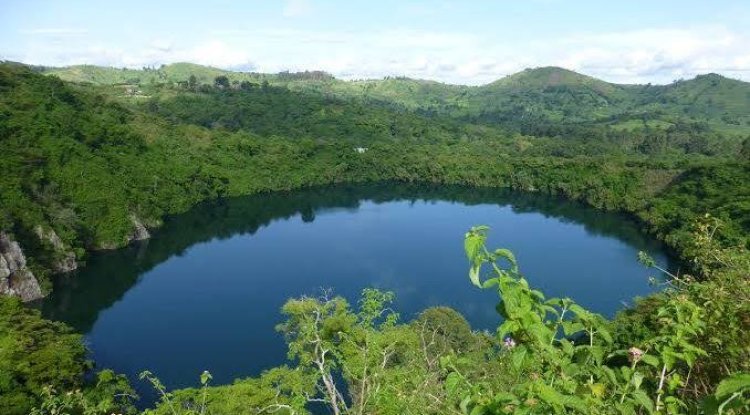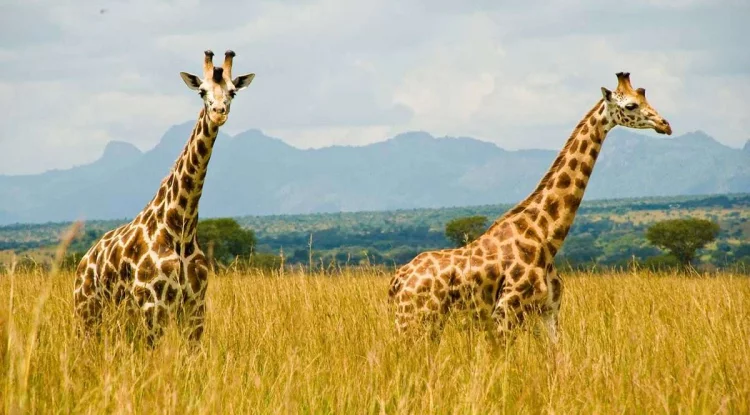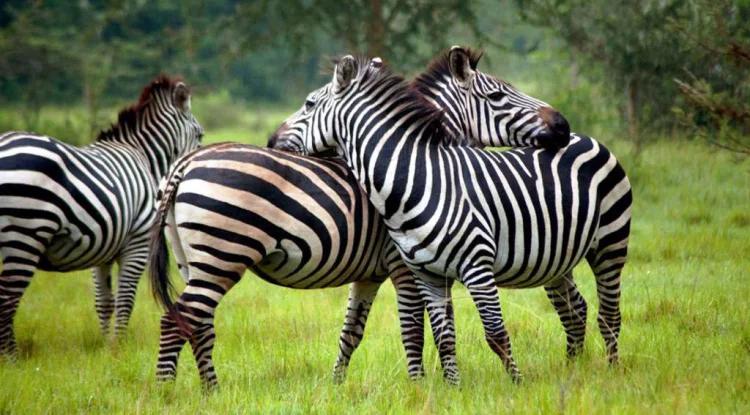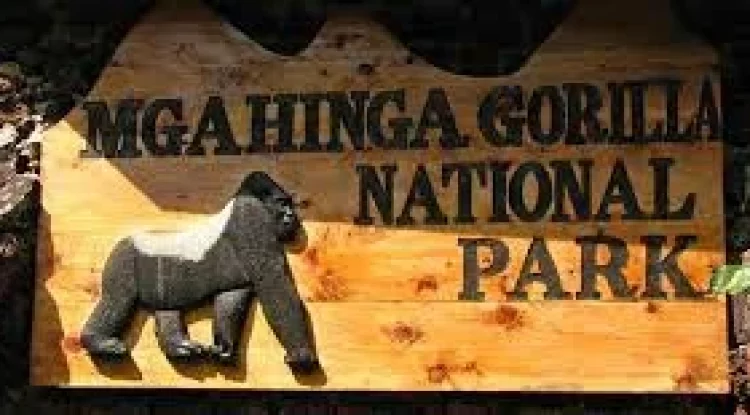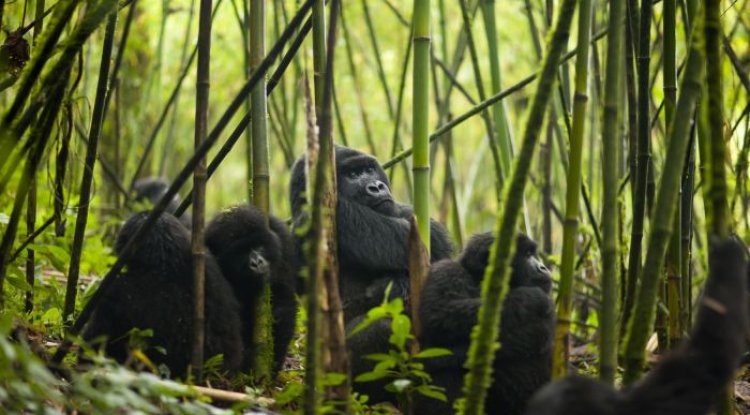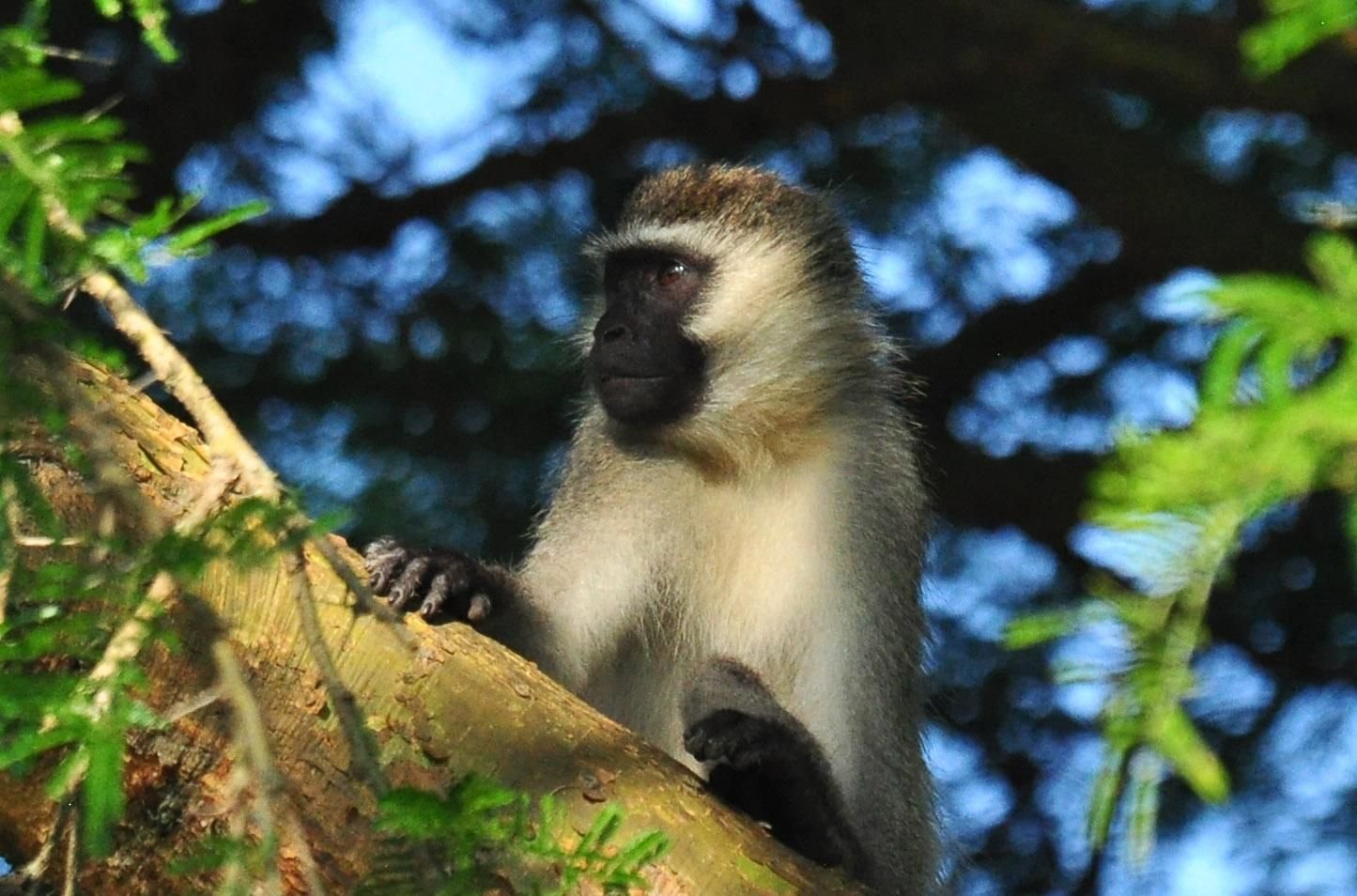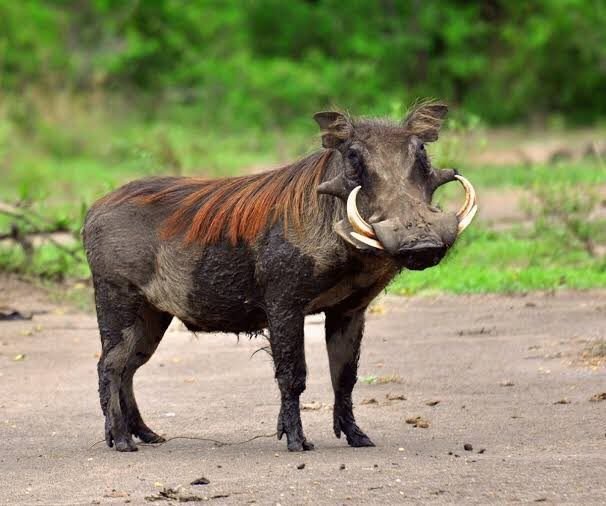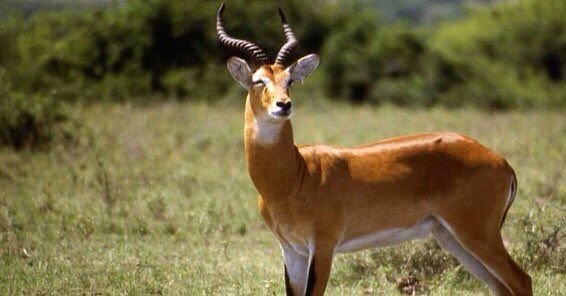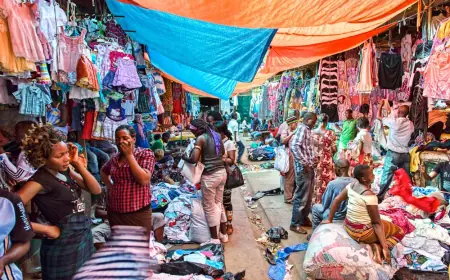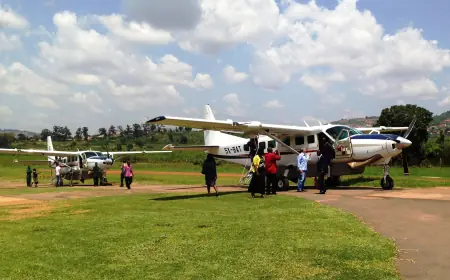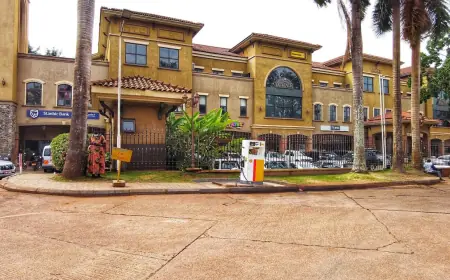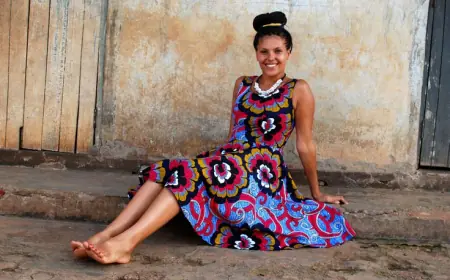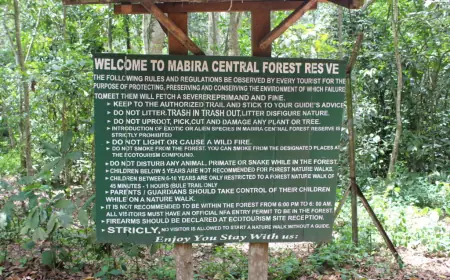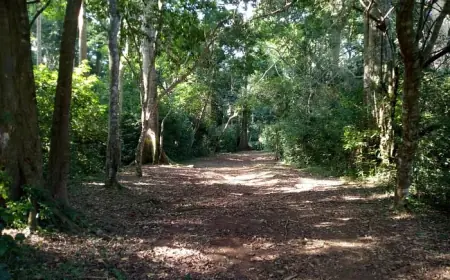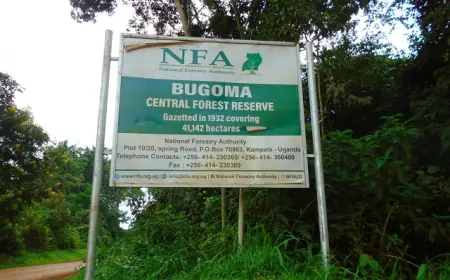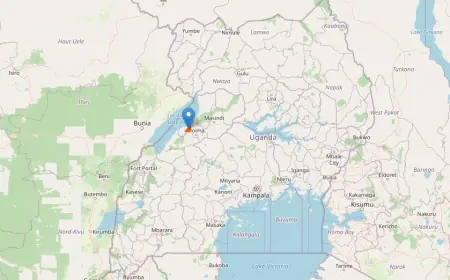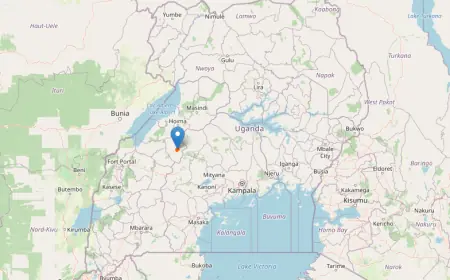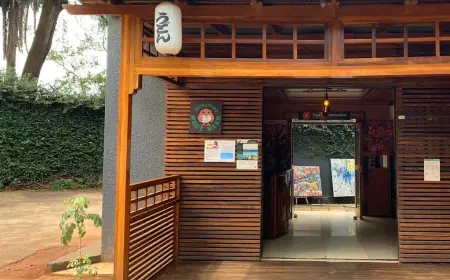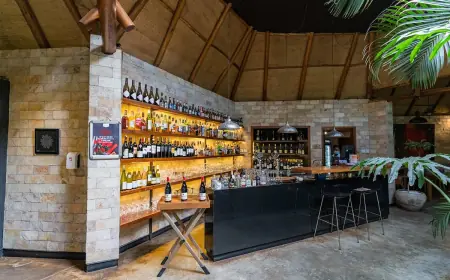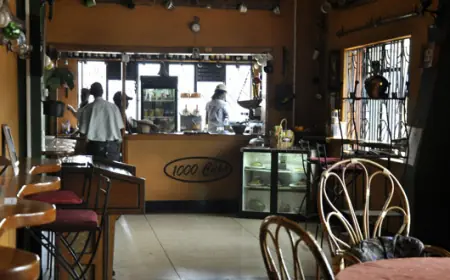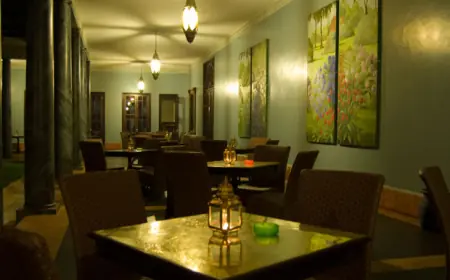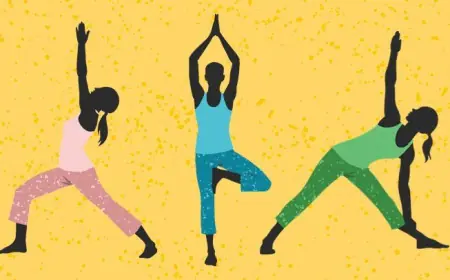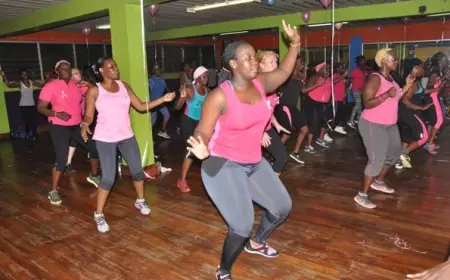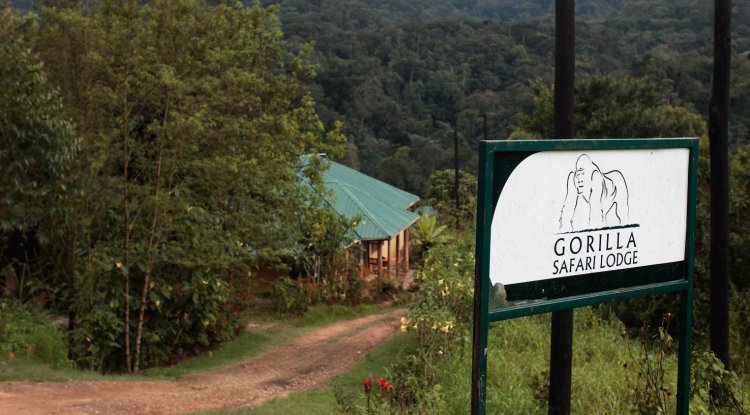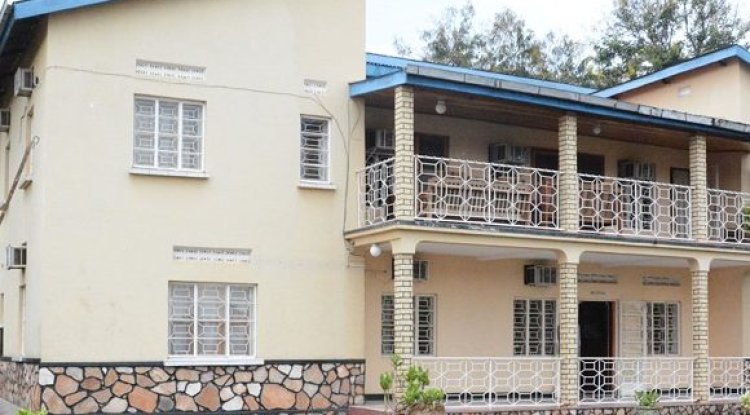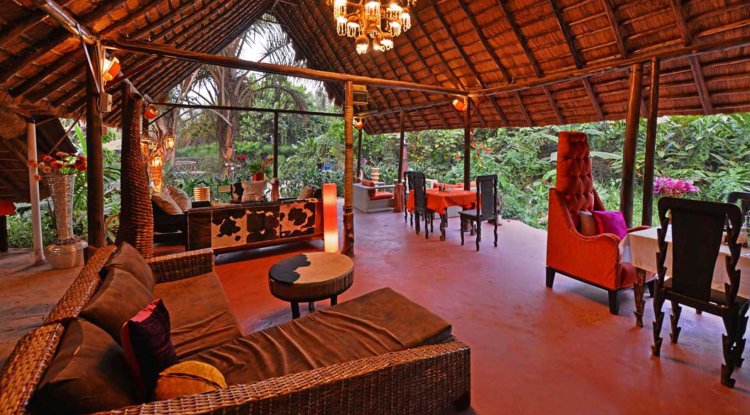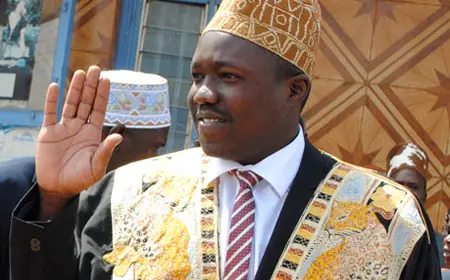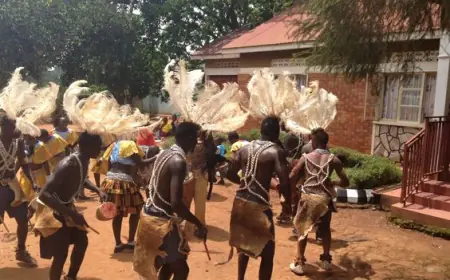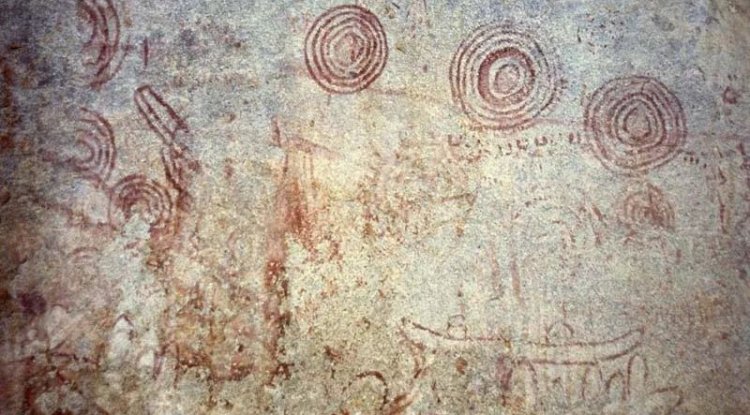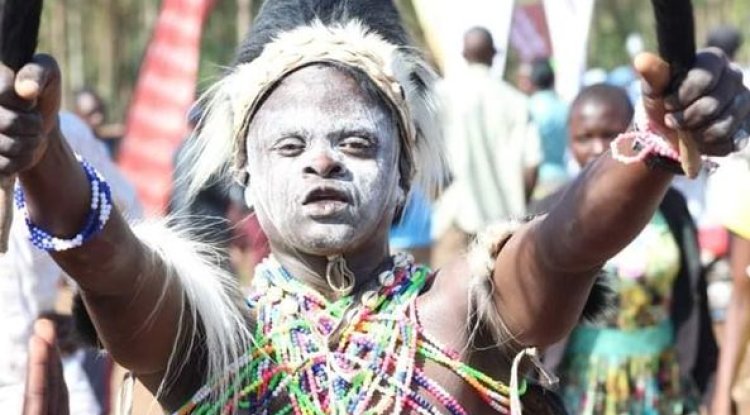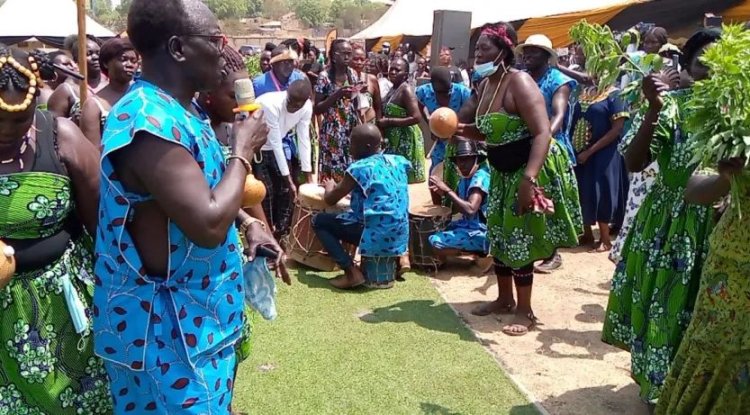The Bagungu People: A Tribe Fighting for Their Culture and Territory
The Bagungu, or Gungu, are a Bantu ethnic group native to Uganda, living on the northeastern shores of Lake Albert along the Rift Valley.
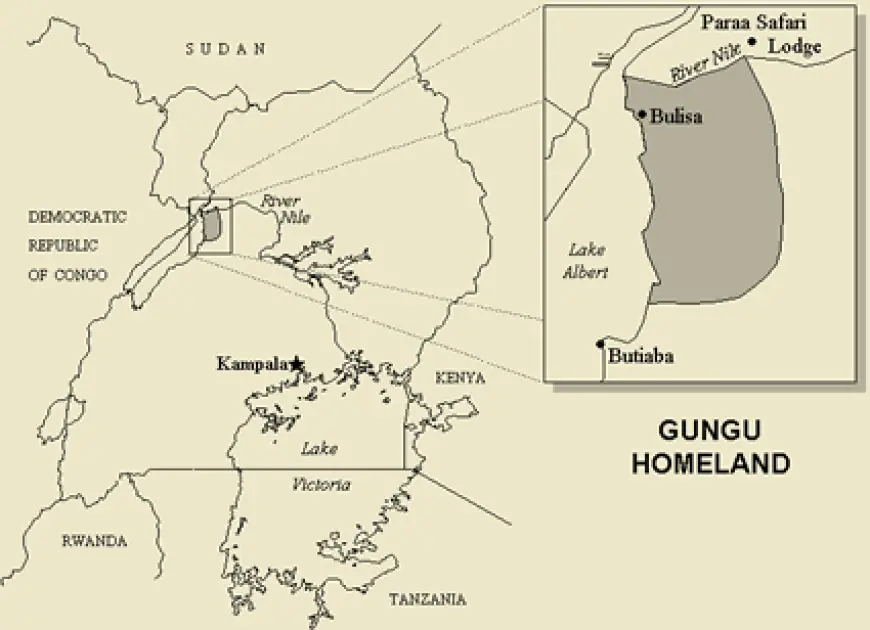
The Bagungu or Gungu, are a Bantu ethnic group native to Uganda, living on the northeastern shores of Lake Albert along the Rift Valley. They speak a distinct dialect of the Runyoro language called Lugungu. They are traditionally fishermen, pastoralists, and subsistence farmers. But their way of life is under threat from oil extraction, land grabbing, and cultural erosion.
How are the Bagungu coping with these challenges, and what are they doing to preserve their identity and heritage?
A Brief History of the Bagungu
The Bagungu trace their origins to the Bunyoro kingdom, one of the oldest and most powerful kingdoms in East Africa. According to their oral traditions, the Bagungu migrated from Bunyoro to the Lake Albert region around the 16th century, following a conflict with the king. They settled in the area known as Bugungu, which means “the place of the Bagungu.”
Food
The Bagungu established a close relationship with the lake and its resources, developing fishing. They also kept cattle and goats and cultivated crops such as millet, sorghum, cassava, and beans. Their staple food is cassava, which they call "Mbumbwe.". Cassava can be processed into cassava flour, which is used to make cassava bread, known as "Ndwa," or it can be boiled and eaten raw. Another option is to boil and mash the cassava to create a mash known as "Mugunu." "Nsu" (fish) is eaten with cassava. It goes well with beef as well. Made from cassava, "Bungu" is a beverage.
Religion
The two biggest faiths among the Bagungu people are the Roman Catholic Church and the Church of Uganda, also known as the Anglican Church. 31% of Bagungu are Roman Catholic and 54.6% are Anglican (Church of Uganda), according to the 2002 Ugandan Census. 6.3% of Bagungu people identify as other religions.
Dress code
Bagungu dress code is gomesi for women and kanzu for men. Like the Banyoro, Baganda, Basoga, Bagwere, Jopadhola, and other southern Bantu tribes, both men and women dress similarly. Women also dress in kitenge, or DR Congolese attire.
Dances
Among the many dances performed by the Bagungu are the Kalihwa, Muzeenyo, Kikwele, and Gwada dances. Analogous to the "Orunyege" dance of Banyoro, Batooro, and Banyabindi, Kalihwa dance is a courting dance in which males don "Kinyege" (leg rattles) and women tie "Kimaaya" (sashes) around their waists, dancing in couples. For both sexes, muzeenyo dance is mostly a waist dance. This dance involves the dancers wriggling their waists. Kikwele dance is a festive dance honoring the valor of legendary hunters. Kikwele dance moves represent hunting adventures, including the strategies used by hunters to carry out their exploits. Occasionally, the dance incorporates mimicking various animal motions, such as the "kugoda," which refers to bending like a buffalo's horns. The Gwada dance is a greeting dance that involves patting. Dancers are seen leaping and twisting around one another. "Lugungu" is the name of the Bagungu language.
The Bagungu have been part of the Bunyoro kingdom, which was restored in 1993 as a cultural institution with no political power. The Bagungu have tried to secede from the kingdom in recent times, claiming that they are not adequately represented and that their interests are not protected. They have formed their own cultural association, called the Bagungu Community Association (BACA), which advocates for their rights and development.
The Current Situation of the Bagungu
The Bagungu are currently facing a number of challenges that threaten their survival and well-being. The most pressing issue is the oil and gas exploration and production that is taking place on their ancestral lands. In 2006, large quantities of oil and gas were discovered in the Albertine Western Region of Uganda, which covers the districts of Buliisa, Hoima, Masindi, and others. The oil fields are being developed by the government of Uganda and several multinational companies, such as Total, Tullow, and CNOOC.
The oil and gas industry has brought some benefits to the Bagungu, such as employment, infrastructure, and social services. However, it has also brought many negative impacts, such as environmental degradation, land grabbing, displacement, compensation disputes, human rights violations, corruption, and conflict. The Bagungu have not been adequately consulted or compensated for the loss of their land and livelihoods. They have also not been given a fair share of the oil revenues or benefits. They have been marginalized and discriminated against by the government and the oil companies, who view them as obstacles to oil development.
The Bagungu have been resisting the oil and gas industry, using various strategies and tactics. They have formed coalitions and networks with other affected communities and civil society organizations, such as the Civil Society Coalition on Oil and Gas (CSCO), the National Association of Professional Environmentalists (NAPE), and the African Institute for Culture and Ecology (AFRICE). They have also engaged in advocacy, lobbying, litigation, and protest, demanding their rights and justice. They have also sought international support and solidarity, such as from the ICCA Consortium, the Gaia Foundation, and the African Earth Jurisprudence Collective.
Conclusion
The Bagungu are a tribe in Uganda that has a rich and diverse history and culture. They are a people who have faced many hardships and challenges but have also shown resilience and resistance. They are a people that are fighting for their culture and territory in the face of oil extraction and other threats. They are a people who are custodians of life in Uganda and beyond.
What's Your Reaction?
 Like
2
Like
2
 Dislike
0
Dislike
0
 Love
0
Love
0
 Funny
0
Funny
0
 Angry
0
Angry
0
 Sad
0
Sad
0
 Wow
0
Wow
0
